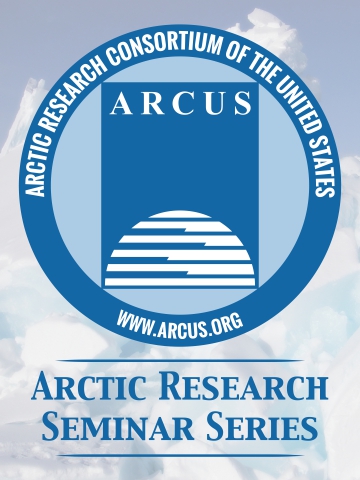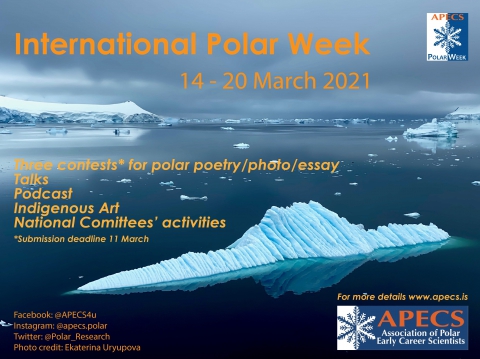What is Inuit Traditional Knowledge? How is it relevant to the contemporary world and to decolonialization? The Roundtable will begin with the traditional lighting of the Qulliq by Aaju Peter. Inuit and non-Inuit speakers will present innovative and contemporary applications of Traditional Knowledge as a central aspect of decolonialization and our common future. The Roundtable will finish with a presentation by Provost Manfredi and Art Curator, Isabelle Laurier, exploring how Inuit art bridges Traditional Knowledge and contemporary research.
It is often thought that Inuit Traditional Knowledge is something which was useful long ago but not anymore. It is equally important today and is becoming ever more important in Inuit regions, as part of a cultural, educational, political and scientific resurgence. It is also important to researchers and anyone interested in Inuit Nunaat.
The Roundtable explores how Inuit Traditional Knowledge, Inuit Qaujimajatuqangit (IQ) is relevant to contemporary society, both for Inuit and non-Inuit. It is central to decolonialization, as this is knowledge created by Inuit, on their own premises, not imposed by outsiders. Maybe also a step towards reconciliation?
Session I - 9:00-10:30 (EDT)
Inuit Qaujimajatuqangit: We Believed in the Words of our Elders.
Lucienne Ukaliannuk, an elder from Igloolik, spoke these words which introduce presentations about the importance of Traditional Knowledge, as a component of Inuit cultural heritage and life.
Session II - 10:45-12:30 (EDT)
Inuit Qaujimajatuqangit: Our Past, Our Present, Our Future.
Presentations on media, photography, music, literature, young people. Special presentation on Human Rights.
Session III - 13:30-15:30 (EDT)
Inuit Qaujimajatuqangit: Honoring the Timeless Creative Genius of the Inuit. A uniquely Canadian example of Traditional Knowledge in action. Professor Christopher Manfredi, Provost and Vice-Principal (Academic) and Isabelle Laurier, Senior Project Manager and Art Curator, EVOQ Architecture, present the project “Inuit Qaujimajatuqangit: Art, Architecture, and Traditional Knowledge”. This exhibit tells the story of how Inuit artists were commissioned to produce artworks that would convey their version of IQ and its relationship to modern sciences. The artworks are permanently installed, built into the very architecture of the Canadian High Arctic Research Station in Iqaluktuutiaq, Nunavut. Their participation occurs within the context of the Provost’s Task Force on Indigenous Studies and Indigenous Education.


